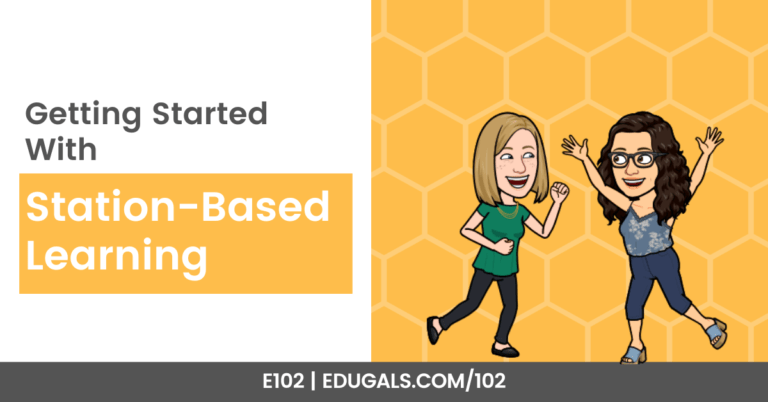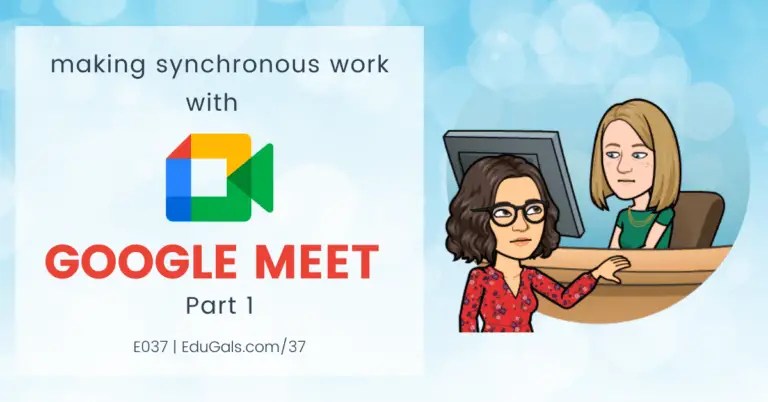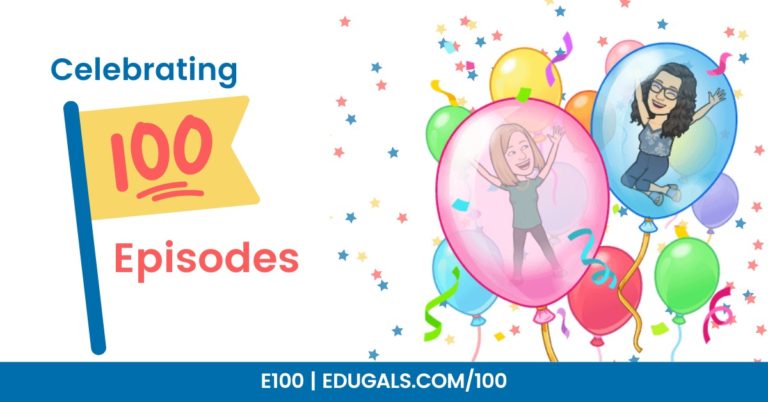In this episode, we are revisiting destreaming and giving you a bit of an update on where we are now. We will share the ups and downs of the destreaming process, and some of the great things that are happening in our schools.
If you like what you hear, we would love it if you could share this episode with a colleague or friend. And make sure you subscribe so that you don’t miss out on any new content! And consider supporting the show by buying us a coffee or two!
We would love to hear from you – leave a comment on our website OR check out our FLIP!
Show Notes
This week, we are revisiting the topic of destreaming because a lot has happened since we last spoke about this on the podcast!
This year in Ontario, we have introduced the Grade 9 destreamed English curriculum, with science being introduced last year, and math the year previous. For the remaining Grade 9 subject areas, we are only offering the academic pathway, so essentially a single stream.
Last year Rachel and her department were impacted by the new curriculum, so she had a bit of a bumpy and exciting year with new programming and curriculum. This year, it has landed in English, so it is now impacting the teachers in her department.
Before we go too far into this episode though, be sure to check out of previous episodes, in which we chatted about destreaming:
- Episode 81 – Getting Ready for Destreaming
- Episode 48 – Destreaming Education: Our Two Cents
One of the biggest challenges that English teachers are facing, much like the science and math teachers before them, is the fact that the curriculum wasn’t released until the end of June for September implementation. It is hard for educators to read through and learn a new curriculum and actually have time to plan it when it’s released at the end of a school year and there is an expectation that it is taught that September.
We are both really in support of destreaming, and see how this change benefits more students than not, and keeps pathway options open for longer. This is such an important movement, however the timing of the release doesn’t reflect the importance of these changes. If anything, it frustrates educators and education stakeholders because not enough time is given to prepare for a new curriculum, professional development on pedagogical approaches to support this implementation, etc.
A new curriculum is a lot of work, so it would have been nice if the ministry provided release time to work through the changes, and to ensure an effective implementation of this new destreamed course.
When Rachel and her team implemented the destreamed science curriculum, they decided to make significant changes to how the classroom and learning was structured. They chose to implement the modern classroom project approach to learning, which meant they were already totally rethinking the classroom and how content is taught. This makes a huge difference because the course had to be adapted to make it happen, so taking the new curriculum and preparing the modern classroom approach was likely more successful, or easier to change, versus schools and teachers that tried to make it fit within the courses that were taught previously.





